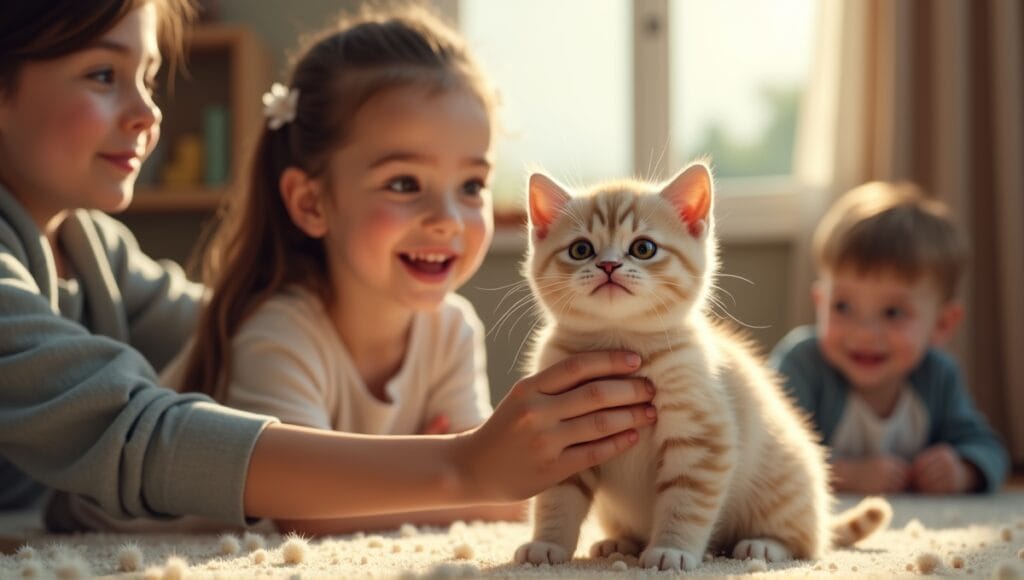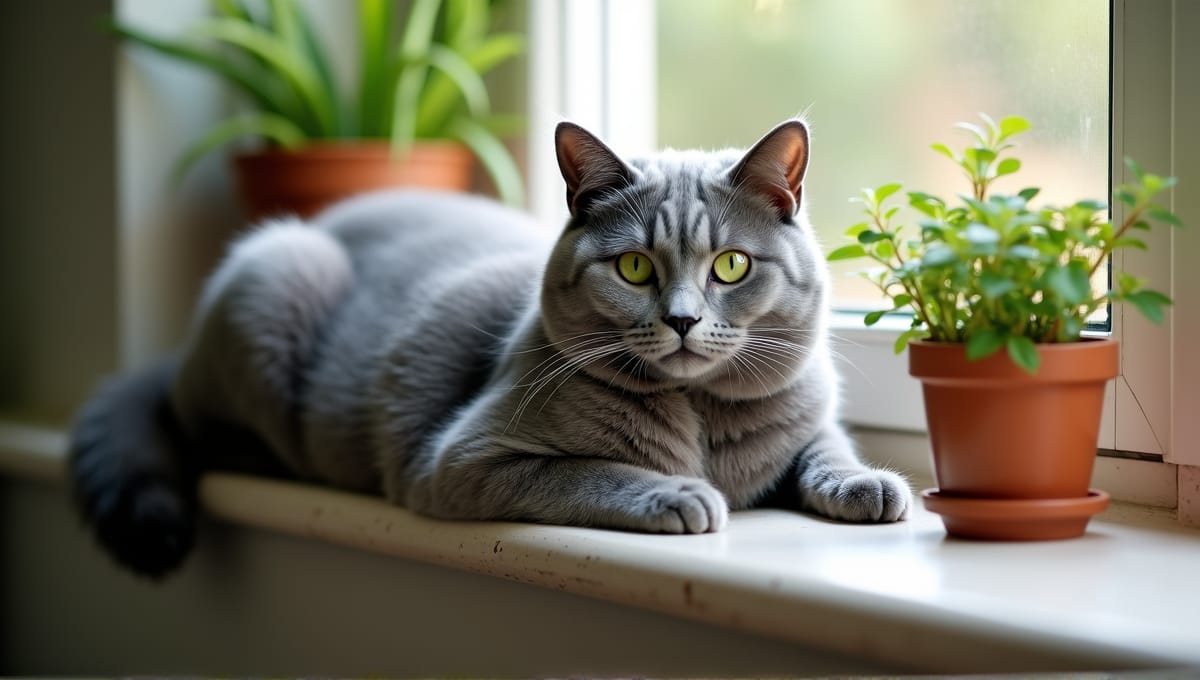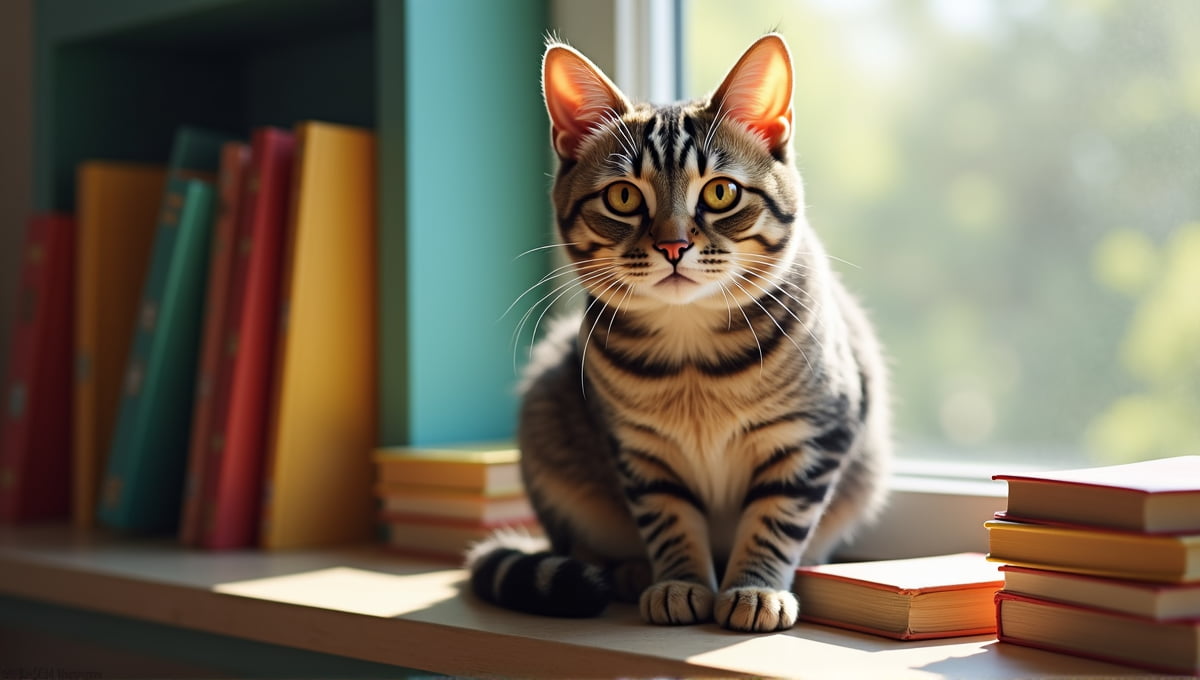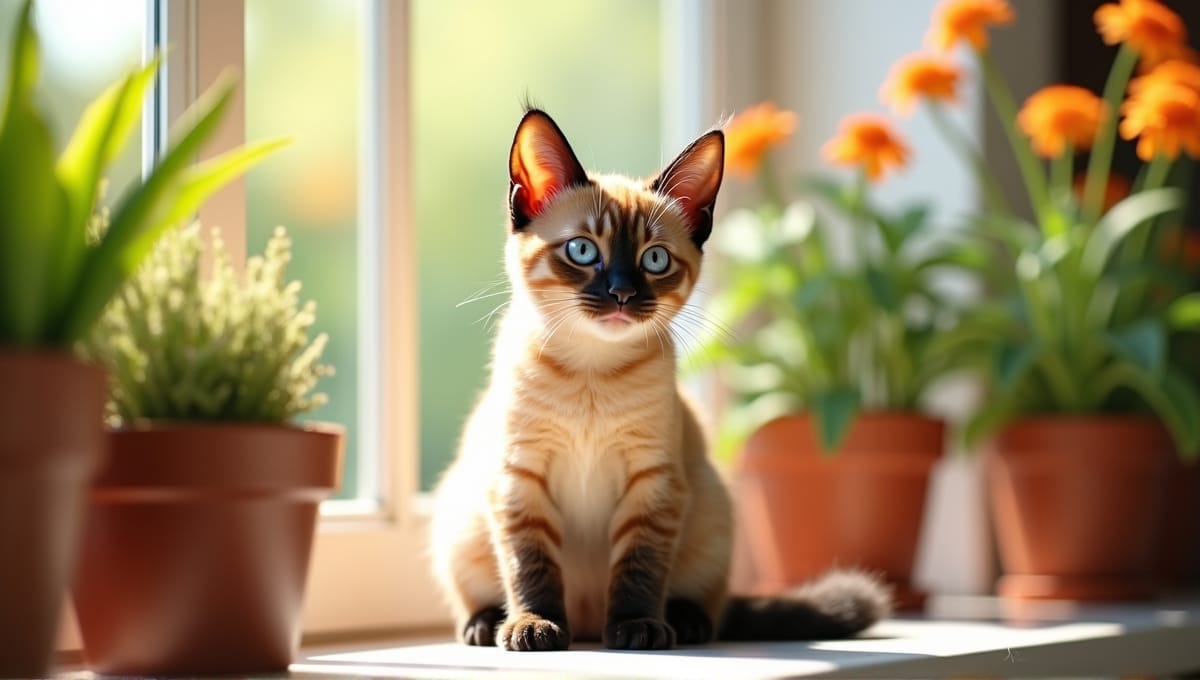As a cat lover who has been around cats for years, I’ve seen plenty of Munchkin cats. These little short-legged cats tend to generate some controversy among cat lovers. Are they good pets? Let’s break down this unique breed and its suitability as a house pet. You’ll learn whether a Munchkin cat could be the right fit for your family.
What Are Short-Legged Felines?
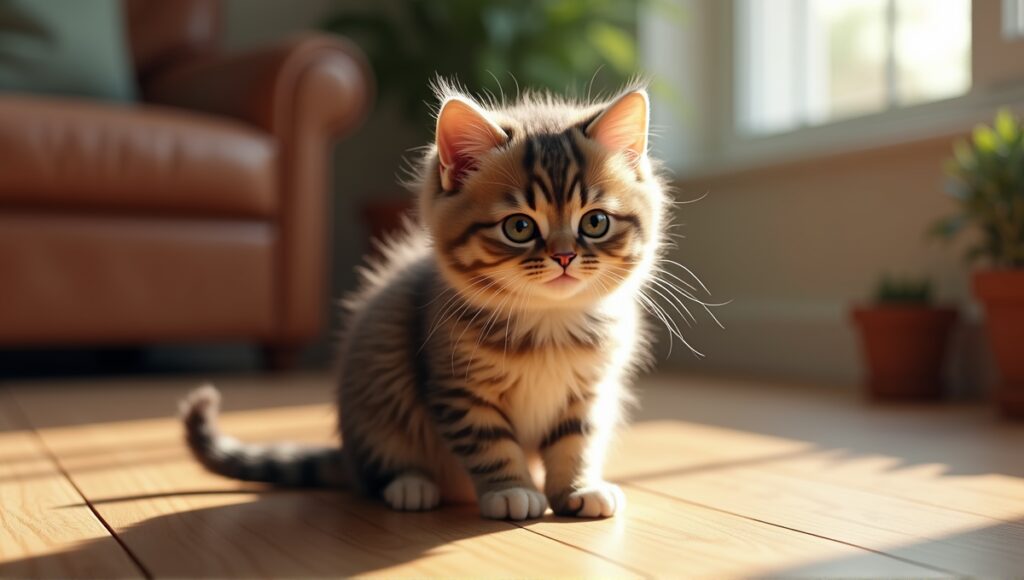
Munchkin cats are an interesting breed, as they are best known for their short legs. These cats have become quite popular with cat enthusiasts due to their distinctive look. I’ve personally had the opportunity to meet several of them while working at a specialty pet store. Their cute, little legs always attract attention!
The history of Munchkin cats is an interesting one. Here’s a brief overview of their background:
- A short-legged cat was discovered in Louisiana in 1983
- This cat was the original Munchkin cat
- The breed was first introduced to the public in 1991
- The International Cat Association (TICA) accepted Munchkins as a breed in 1994
- Munchkins achieved championship status at TICA in 2003
Despite their short legs, they are surprisingly agile. You’ll often find them running around and playing just like any other cat. Their unique look has earned them both admiration and controversy in the world of cat breeding.
Physical Characteristics
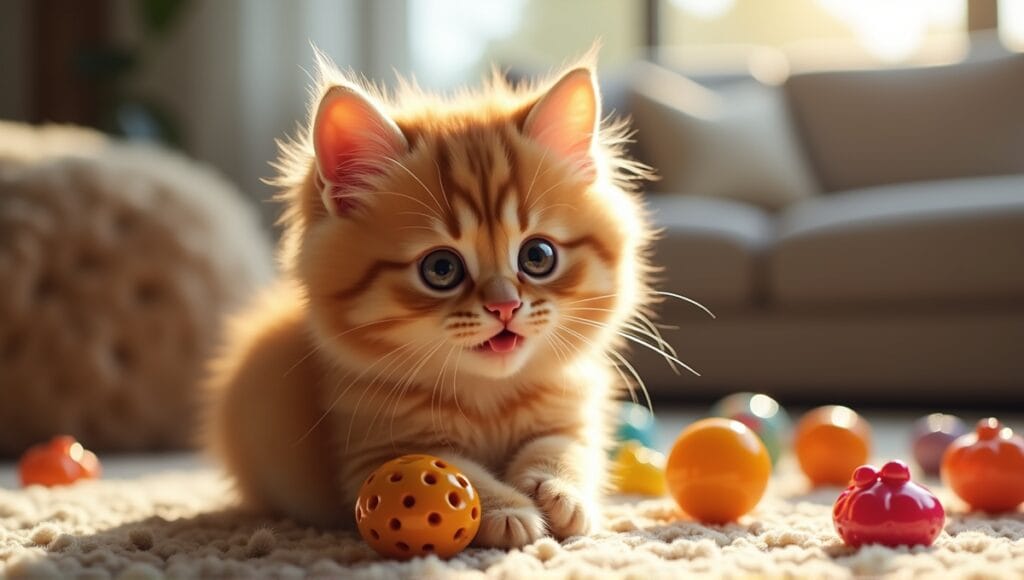
Munchkin cats are known for their short legs, which are about 3 inches shorter than the legs of an average cat. It’s a characteristic that immediately stands out to people when they first meet a Munchkin!
Size wise, Munchkins are generally medium sized cats. Males typically range from 6 to 9 pounds, and females are slightly smaller at 4 to 8 pounds. Despite their short legs, Munchkin cats have a body that is proportionate and well balanced.
They come in various coat lengths and colors. You can find them in short, medium, or long-haired cat breeds varieties. Their coats can also be any color or pattern you’ll see in other cat breeds. With such a wide variety, there is a Munchkin cat to fit anyone’s style!
Their head is typically round with expressive eyes. In general, Munchkin cats have a sweet, expression that matches their playful nature. All in all, they have a unique and delightful appearance, as they have all the standard cat features blended with their short legs.
Genetic Basis of Short-Legged Felines
The short legs in Munchkin cats are due to an autosomal dominant gene. This means that only one copy of the gene is required to have short legs, which is an interesting quirk of feline genetics I’ve researched extensively.
Breeding them is challenging because if two cats with the short-legged gene (or homozygous) breed, the kittens don’t develop in the womb. Therefore, responsible breeding of these cats requires the breeder to pair a Munchkin cat with a cat that doesn’t have the Munchkin gene.
The ethical discussion behind the genetic mutation in Munchkin cats is that some people argue it’s unethical to breed cats with this dominant gene, while others argue that they don’t appear to be negatively affected by their short legs. As a former cat behaviorist, I believe the most important thing to keep in mind is the overall health and quality of life of the cat itself.
Characteristics and Temperament of Short-Legged Felines
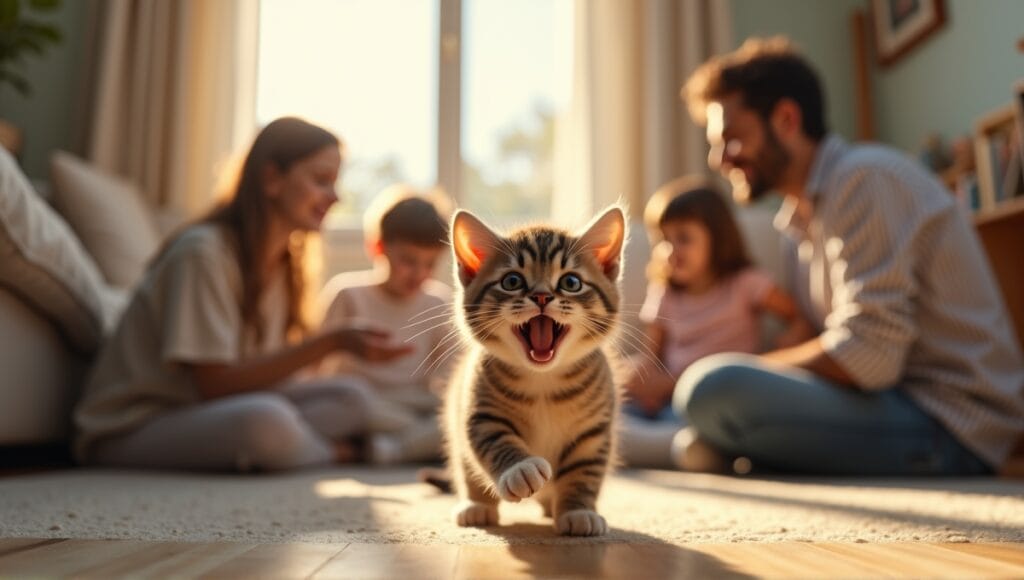
Munchkin cats are a favorite choice among many because of their friendly and playful nature. They’re also known to be very curious and extroverted cats. They’re frequently found exploring and investigating their environment, despite having shorter legs!
These cats are also generally active and lively cats. Despite their short legs, Munchkins are active and playful cats. They love interactive toys and games and you’ll often see them racing around and jumping in your home.
They are usually very sociable animals. They typically get along well with people and other pets in your home. If you have a dog or other cats, your Munchkin will likely get along with them and they’re usually happy to participate in family activities.
Munchkin cats are also often intelligent animals. Many owners find that their Munchkin is a quick study. With some of them, you can even train them to do tricks or use puzzle toys. Providing them with this type of mental stimulation is essential to keeping your Munchkin happy and content.
Health Considerations
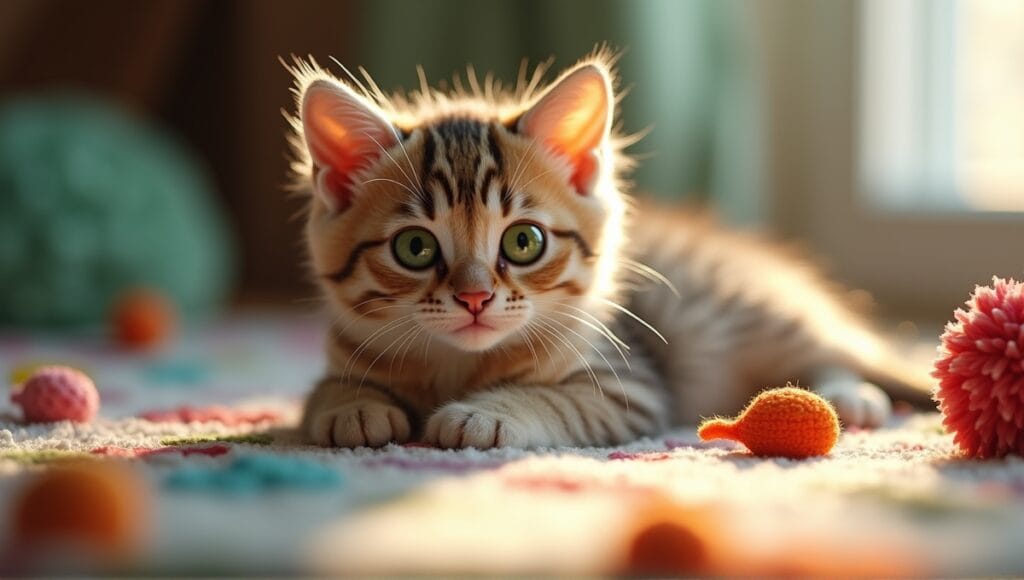
They have an average lifespan of 12 to 15 years, which is about the same as the typical house cat. With proper care, your Munchkin cat can live a long and healthy life.
However, there are a few potential health problems with Munchkin cats:
- Lordosis (excessive curving of the spine)
- Pectus excavatum (a chest wall defect)
- Osteoarthritis (caused by their unique body type)
Regular vet checkups are important for them. These visits will ensure any potential health concerns are caught early. Your vet can also monitor your cat’s spine and joints.
I always recommend genetic testing for Munchkin cats. This can help identify any potential inherited health issues. It’s an important step to take to ensure your cat stays healthy throughout its life.
Care Requirements for Munchkin Cats
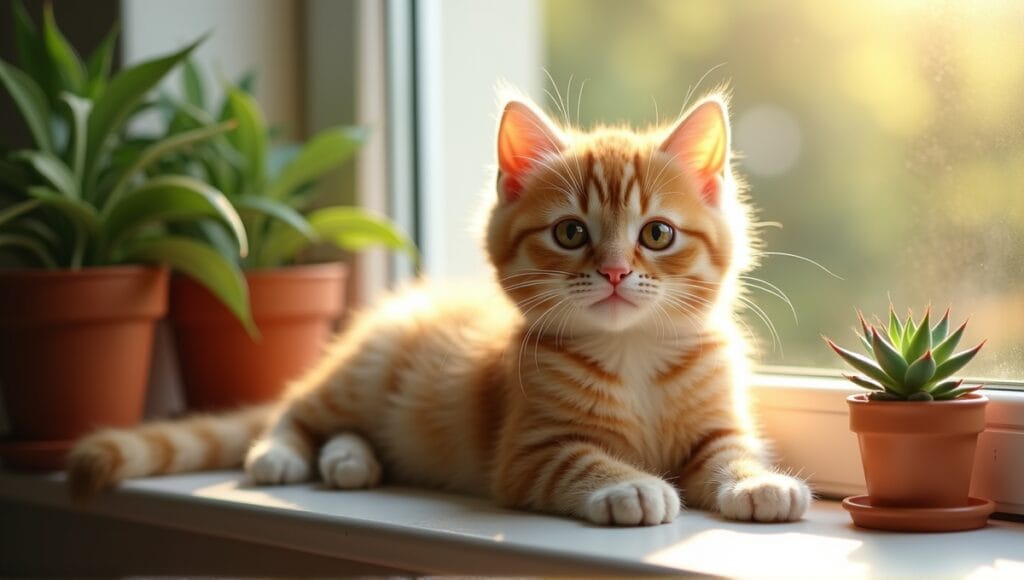
Grooming requirements depend on the coat length of the Munchkin. Short haired Munchkins require almost no grooming. Long haired Munchkins need regular brushing to prevent matting.
Like any cat, a Munchkin needs a high quality, nutritious cat food. Be sure to feed them an appropriate portion, as overfeeding can lead to obesity and more pressure on their small legs.
Munchkins still need regular exercise, despite their short legs. They enjoy interactive play sessions to get moving. Puzzle toys are also great to keep them mentally and physically active.
Munchkins thrive in an enriching environment. Consider investing in a cat tree, scratching posts, and window perches to allow your Munchkin to safely climb, explore, and watch the world.
Munchkin Cats as Pets
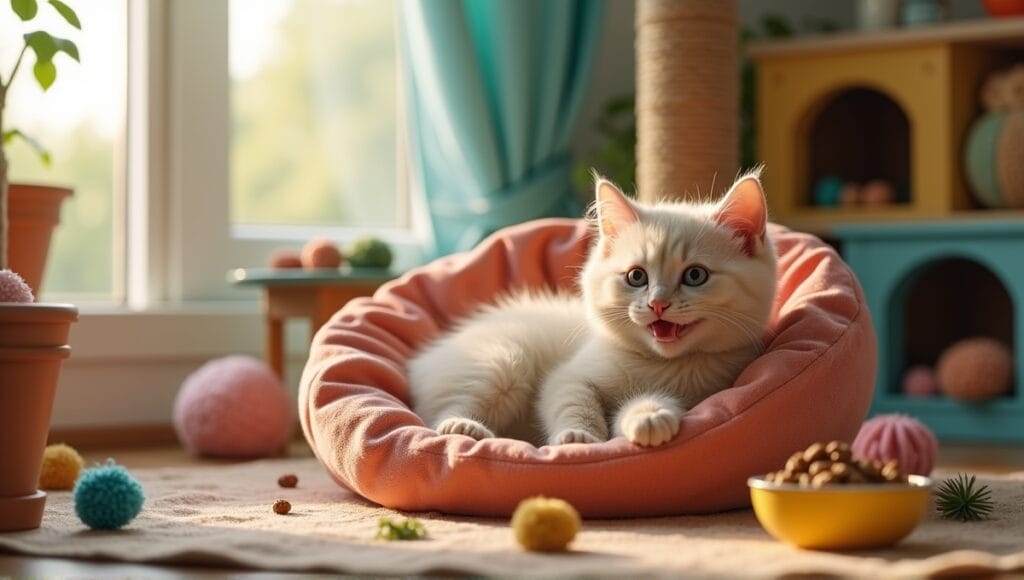
Munchkin cats are adaptable to various types of homes and living situations. Therefore, they’re a great option whether you live in an apartment or a larger house. Despite their small stature, don’t expect a Munchkin cat to have less energy – they are quite active!
They generally get along well with children and other pets, making them excellent family pets. Still, always use caution and supervise any interactions with pets and children.
They don’t require a lot of space, but you can make them very happy with some vertical space. They enjoy climbing, so consider investing in a cat tree or some cat shelves.
If you think a Munchkin cat is the right pet for you, do some research to find a reputable breeder. Make sure the breeder prioritizes the cat’s health rather than any physical attributes. Additionally, remember that bringing a cat into your home is a long-term commitment. Be sure you can provide a love, care, and attention it needs for the next several years. If you’re interested in other friendly cat breeds, there are many options to consider as well.
Final Takeaways
Munchkin cats are interesting and adorable pets. Their short legs and active, playful nature sets them apart from other cats. While they do have a few health concerns you need to know about, they can live a healthy life with the right care. Regular vet visits genetic tests and a caring home are the most important things. If you want a unique, active, and loving cat, a Munchkin cat is probably the right choice for your family.


